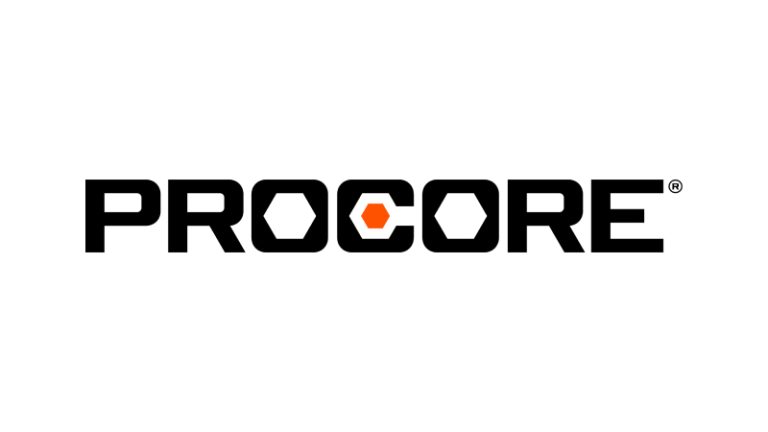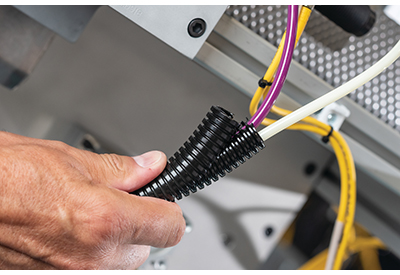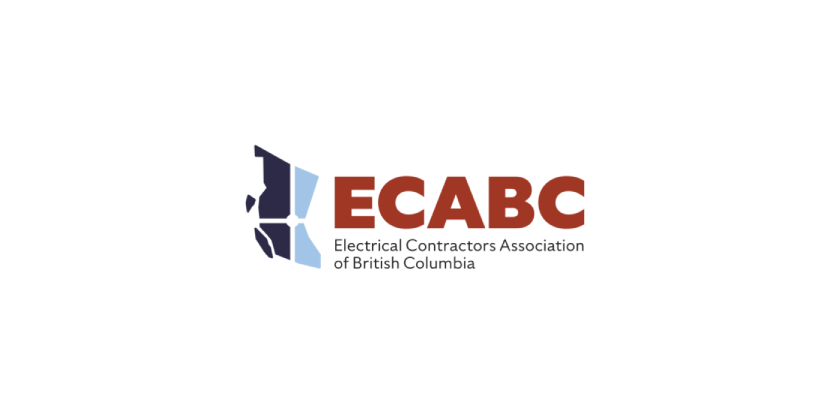5 Mistakes Electrical Contractors Repeatedly Make on Social Media

January 15, 2017
Social media has become an integral part of our daily lives. It has also become a place for businesses to make connections, network and spread the word about anything they would like to share. Despite the unlimited potential social media marketing offers electrical contractors, only some of them use it. Even fewer use it properly.
Here are five mistakes electrical contractors repeatedly make on social media.
1. Not creating accounts on social media platforms
It’s incredibly difficult to create a presence on social media platforms when you don’t have an account. This should be a basic requirement of owning a business these days. Have Facebook, Twitter and LinkedIn accounts for your business.
Don’t expect the leads to come flowing in from just creating profiles, but be content with the fact that now people will be able to find you on social media should they search. They will no longer think you are out of business, incompetent or hiding from customer reviews.
2. Posting on social networks through other social networks
Please do NOT do this. Make sure your social platforms are NOT connected. You should not be posting Facebook posts on Twitter. Nor should you post Instagram photos on Facebook or Twitter.
Each social media platform has its own language, purpose and nuances. Each time you post on one of the platforms, cater your message to that specific audience that specific time.
3. Inconsistent posting
Would you expect results if you went to the gym, did one rep, then only went back to repeat that rep once or twice a year? How does posting once or twice a year seem like a sufficient effort?
This is not to discredit posting. Any and all posting is good and can help bring in a customer or job. However, being consistent (posting on each platform at least once a week) is critical to building a reputation as an expert in the industry. It will also once again show potential customers that you are still in business and actively doing quality work.
4. Not asking for reviews and testimonials
If you are a quality contractor, you have done some good work in your career. If you run a business, hopefully you have done good work recently and plan to do it again in the near future. Asking your customers for recommendations, reviews, testimonials, and referrals is free and will help give the social proof that will get more customers giving you a call.
After you get these positive thoughts, and getting permission from the authors themselves, make sure to share them with the world. Put them on your website, your social media platforms, on review websites, and wherever else you can. People trust people.
5. Not following enough other accounts
Part of getting your brand out there is by following the accounts of others. Follow customers, vendors, partners, local businesses, trade associations, industry media, trade schools, competitors, and whoever else you can. Someone on their end will see that you followed them, and may follow back to complete the connection.
It is also recommended that you write something to the business or organization you are following. Simply say “hello” or give them a compliment to get the relationship started on that social platform. Repeat this for every platform you connect on.
The five most common mistakes electrical contractors make on social media are all easily avoidable. Not following other accounts, ignoring the power or customer testimonials, inconsistent posting, social etiquette mistakes, and not existing on social platforms at all are all cardinal sins of social media.
This article was first published as a blog by CapitalTristate, an electrical distributor in the U.S. Mid Atlantic. Watch for the next article in this series: 5 Genius Ways Contractors Are Beating the Competition.

















